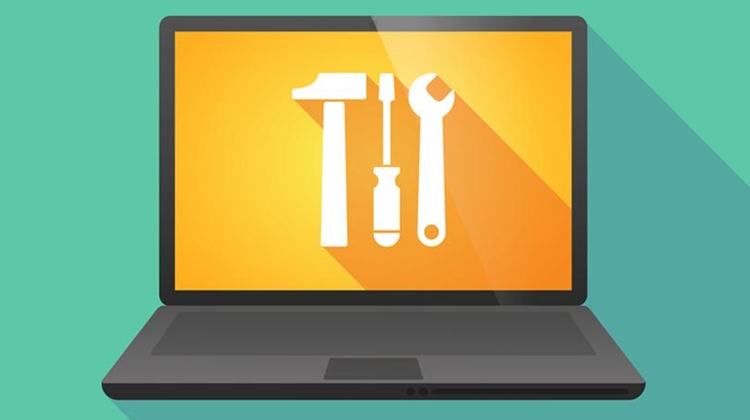The digital marketing field is a fast-paced and ever-changing one, and the most effective marketers know that they need to be able to adapt to these changes. One way they do this is through investing heavily in tools that allow them to learn more about the evolving digital landscape, understand the competitive landscape better, and optimize their efforts accordingly.
Along with our own research, we’ve put together a list of five tools that should be in every digital marketer’s toolkit.
1. Google Analytics: Even for companies that don’t offer digital marketing, this is a great same-time reporting tool, a must-have. Google Analytics offers tremendous value with its ability to show visitors the websites they come from, what the average time on site is, and key pages that get traffic. In addition, it’s free and easy to set up.

2. A/B testing: A/B testing allows users to make changes to their websites and test how different elements perform as an alternative to their best-performing option. This allows marketers to see which elements are having the greatest impact on site conversion rates and make changes accordingly.
3. MarketMuse: MarketMuse is another great resource for marketers, because it helps them ensure they are doing the most important things that will make the biggest impact. It offers suggestions for additional keywords and content, as well as suggested tools to use in order to get that content out there as quickly and efficiently as possible.
4. MailChimp: Probably the most popular email marketing software out there, MailChimp can help you track your results and optimize your efforts with ease. This is a great email marketing service for those who already have an established email list. MailChimp offers the ability to send targeted email campaigns, and an analytics dashboard that allows you to see who is opening up their emails and what they are doing after they open them.
5. HootSuite: A productivity and engagement powerhouse that lets you manage, monitor and engage with multiple social networks from one dashboard.
6. FunnelFIT: An in-depth analytics tool that will help you optimize your digital marketing efforts and improve your spending efficiency.

7. Mixpanel: A technique that helps you track performance, analyze conversions, and analyze data from any app or website. You can even have real-time conversations on this platform!
8. Content marketing: Content marketing is becoming more and more important as the cost of search engine optimization continues to drop. Many digital marketers are moving away from PPC (paid search) advertising in favor of more in-depth content marketing strategies that have been shown time and time again to have a positive effect on ROI.
“Although content marketing is about more than just writing a blog post or creating a press release, the aforementioned tools will help you get started on building a more successful content marketing strategy. As an added bonus, many of these tools can be used for your entire marketing campaign; it’s best to have a broad toolkit.”






















